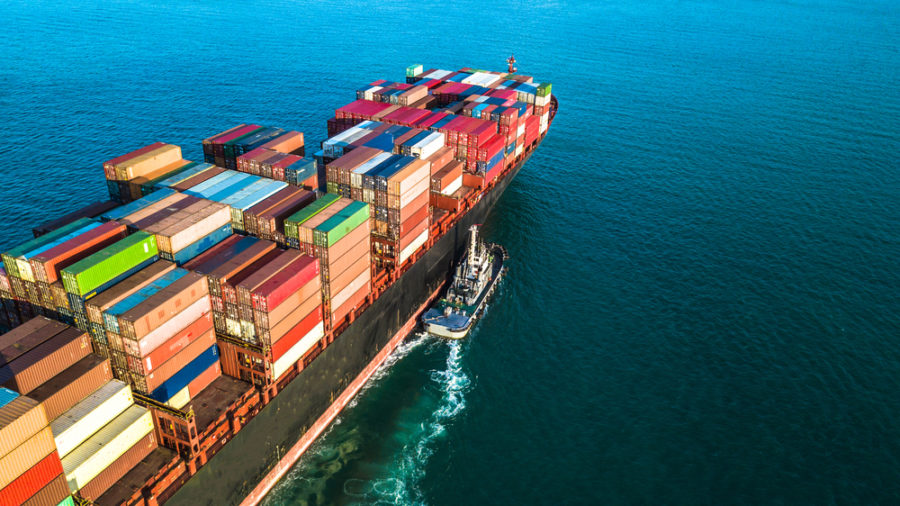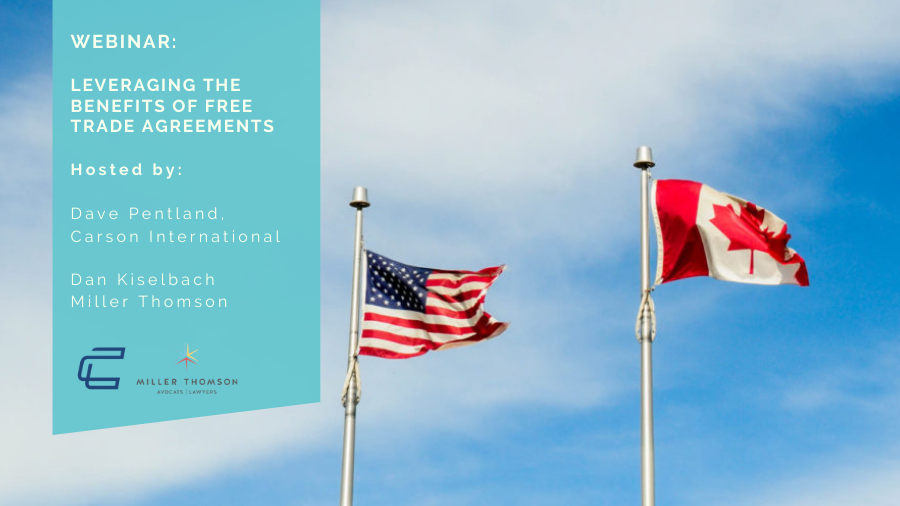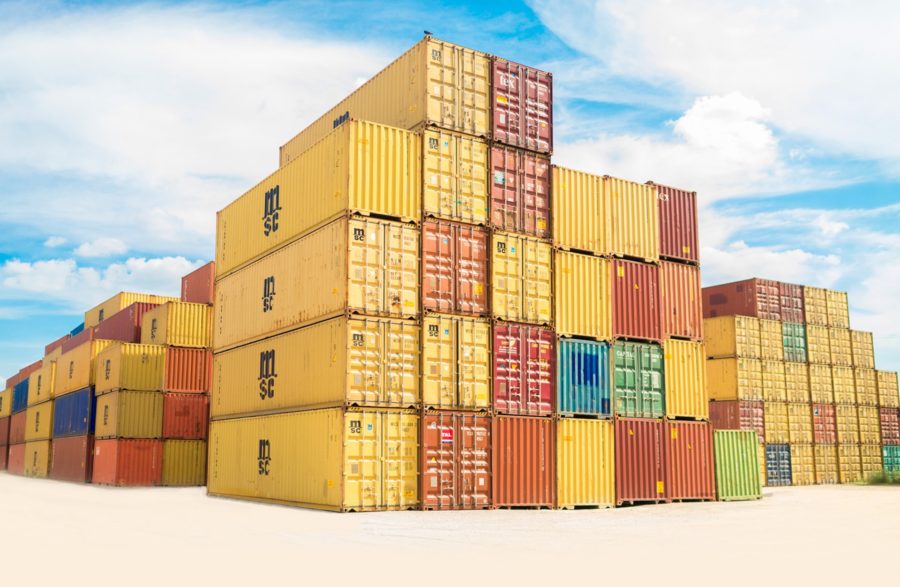Sign up for recent trade news that can affect your business:
November 9, 2020
Biden’s Trade Policies Likely To Remain Protectionist

President-elect Joe Biden has pledged to work more closely with U.S. allies in confronting China on trade, and is seen as unlikely to roll back Trump’s tariffs on imported steel, aluminum, Chinese and European in the foreseeable future, maintaining a protectionist stance towards U.S. trade policies.
Biden, who captured the presidency on Saturday after days of vote counting, was elected with the strong backing of trade unions who have been skeptical of past free trade deals, resulting in pressure to maintain protections for vulnerable industries, such as steel and aluminum.
His top economic priority will be to focus on economic recovery in the wake of the COVID-19 pandemic, so trade agreements will likely take a back seat to stimulus efforts and infrastructure development.
Biden advisers say he will seek to end “artificial trade wars” with Europe and would immediately consult with U.S. allies before deciding on the future of U.S. tariffs on Chinese goods, in a bid for “collective leverage” against Beijing.
Additionally, Biden is not seen likely to try to revive the Trans-Pacific Partnership, the 12-country Pacific Rim trade deal negotiated by the Obama administration but abandoned by Trump in 2017.
Instead, reforming the World Trade Organization with new rules against subsidies and other non-market practices is viewed as a bigger priority.
(Source: Reuters)








